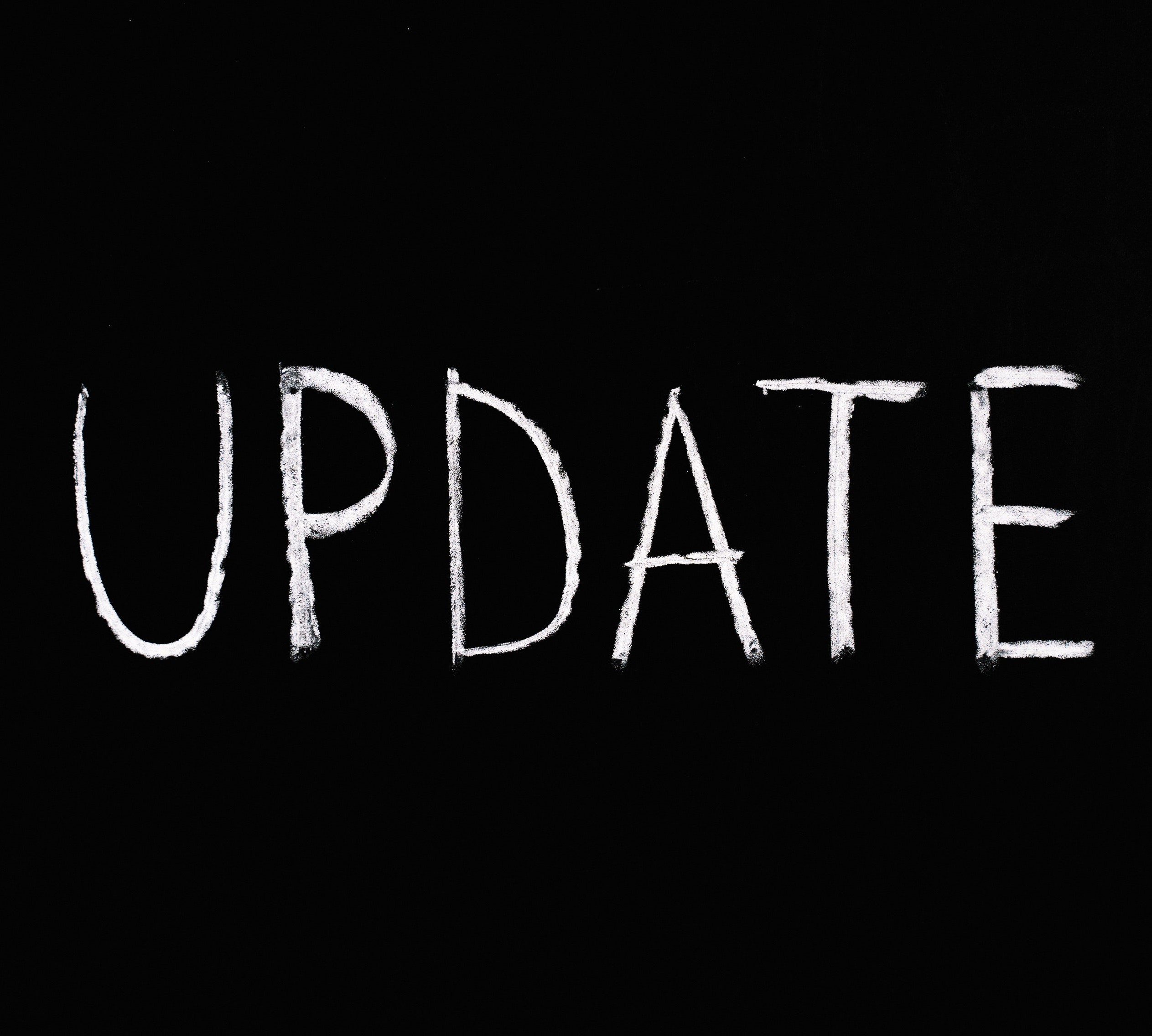The Renter’s Reform Bill, initially proposed in early 2019 by former Prime Minister Theresa May, has finally been introduced to Parliament, four years later. Now, with only a year and a half till the next general election, this must quickly make its way through parliament to become legislation. The proposed bill is intended to provide further protection for tenants in the UK, so that they can no longer be unexpectedly evicted with little notice, without legitimate reason. Being dubbed as ‘the biggest change to the private rental sector for a generation’, it is important to be aware of how it affects you and your rights, so, here are the latest updates for you to stay in the know.
What will this bill target?
The main point of discussion of the reforms, is the eradication of no-fault evictions, more commonly known as Section 21 evictions. The removal of this prevents landlords from ending tenancies without proper justification, in a bid to enforce the ability for renters to contest unfair practice without fearing retaliatory eviction.
In addition to this, the creation of a new ombudsman, which will allow tenants to file complaints against landlords without the involvement of court proceedings, is also being proposed in connection with the new bill. This will include the introduction of a new portal where tenants, can track landlord performance, which can then be used to hold them to account, in the event that the tenancy does not proceed as hoped.

These plans will provide renters with the right to request keeping a pet in the property, and landlords will be required to consider their query, as the new bill states that they cannot unreasonably refuse this. The government is aiming to shift, what they believe to be, the unbalanced dynamic of power that has occurred recently, even planning to illegalise blanket bans on renting to those receiving benefits and families with children.
Other proposals include:
- Reforming the Section 8 notice process, to strengthen grounds for repossession.
- Application of the Decent Homes Standard to private rentals.
- New type of tenancy agreement, proposing more security for the tenant.
- Adjustments to how and when rent increase can be implemented in a tenancy.
When will the Renters Reform Bill be established?
It is yet to be confirmed when this will be formally introduced and applied in rental proceedings, over four years on from its initial announcement. With tenants now being twice as likely to be evicted if they raise a complaint about their home, these reforms have been long anticipated.
After being presented to parliament, it will need to pass through several stages, including through the House of Commons, to become part of law. As the reform travels through parliament, it will be subject to much change, particularly with a Conservative jury set to oppose parts of the legislation.
Progress on this bill will continue to be irregular as it makes its way through the Houses of Parliament, though we will update as and when there is further information, so you can stay aware of important legislation.
Maya


 3 minute read posted by
3 minute read posted by 



Share this with
Email
Facebook
Messenger
Twitter
Pinterest
LinkedIn
Copy this link